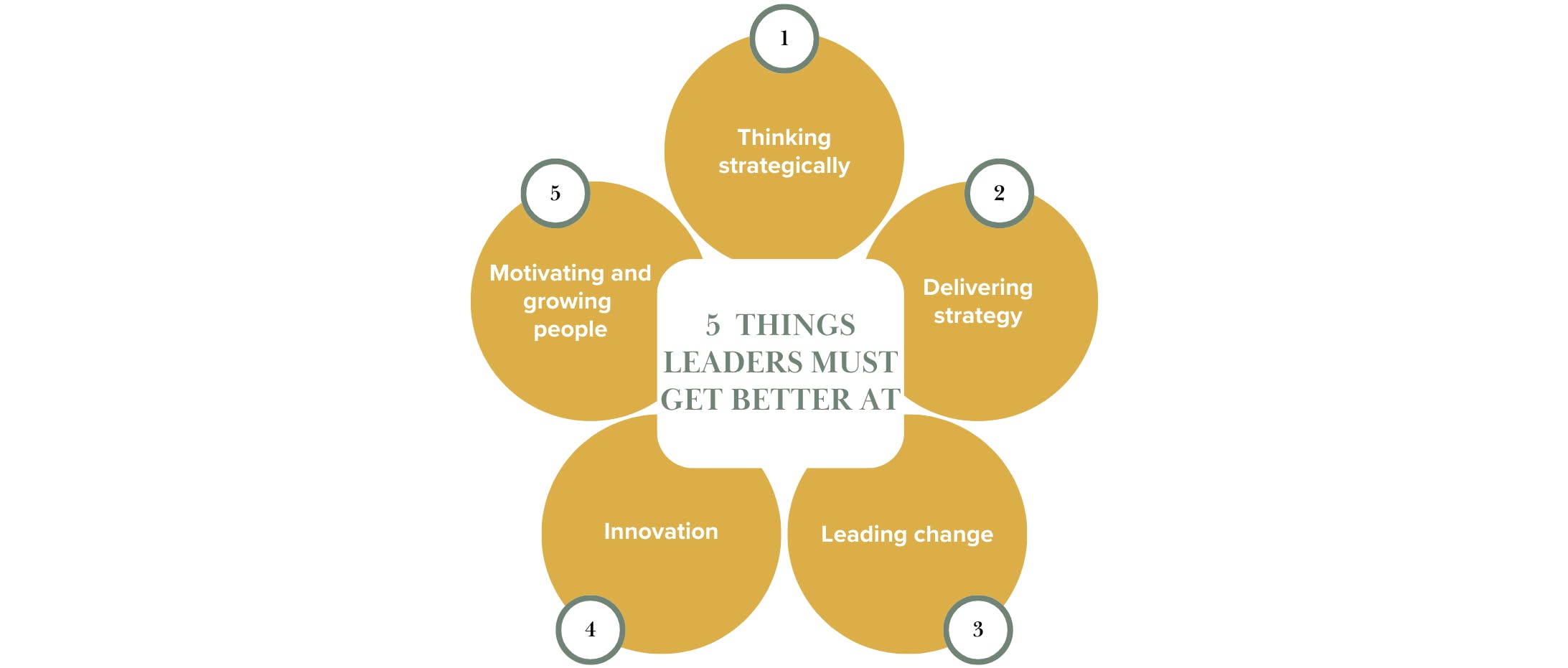Last Edited on 9 Feb 2024
There is nothing more powerful than seeing your leadership through the lens of others in the spirit of continuous improvement. It is a scary process for many, but the insight it gives is worth it.
Over 1,500 leaders and 12,000 of their direct reports, peers and bosses have now used our SmartLeader 063 tool, a 360-degree feedback tool that allows leaders to look in the mirror (a good place to start). After this many, we can begin to gain some insights into the leadership strengths and areas of improvement for New Zealand and Australian leaders.
5 Things Leaders Are Great At
Our analysis shows the five things our leaders are generally great at as the following:
- Honesty. New Zealand and Australian leaders take pride. We are considered by those we lead as exhibiting integrity, honesty and fairness, and we apply ethical considerations to guide decisions. This makes sense. As a society, we are quick to come down on those who transgress and we consistently rate as having low levels of corruption.
- Passion and Commitment. We are passionate about work, life and the future. We deliver on the commitments we make and go the extra mile.
- Role models. We consistently behave in ways that align with team and organisational values, we admit our own mistakes, we demonstrate accountability, we continuously learn and grow.
- Emotionally intelligent and resilient. We are self-assured, focussed, show care and compassion and see the positive in most situations.
- Influence. We have the respect of others and we represent our teams within our organisations well.
5 Things Leaders Must Get Better At
To improve our leadership performance, here are the 5 things the people we lead are generally telling us we need to be focussed on improving. Improvement in these attributes would increase team engagement and amplify organisation-wide performance. On a personal level, it would enhance your leadership effectiveness and reputation.

- Thinking Strategically. Thinking strategically is, on average, the lowest rated skill among leaders. Engaging in an organisation’s external strategic context, creating a compelling shared vision and communicating that vision in an engaging way are key areas to improve. People want to be part of something that is bigger than themselves.
- Delivering Strategy. Having a compelling strategy is one thing. Collaboratively crafting and delivering an effective implementation plan is another critical factor feedback suggests we can improve on. The big picture is ultimately delivered ‘on the ground’.
- Leading Change. We live in a world of change. The scale and speed of these changes are unprecedented. We need to be better change leaders by engaging people in the need for change, recognise different personality types are more comfortable with change than others and keep everybody well informed to minimise uncertainty.
- Innovation. Change is being driven by innovation. Creating a culture of innovation and co-creating innovatively with customers and suppliers to improve products, services and customer engagement is a critical area of improvement. If we don’t, competitors will eat us for lunch.
- Motivating and growing people. Many of us can be better at recognising that people have different preferences, styles and needs in order to tailor our leadership and communication style. Providing more regular coaching and feedback, as well as being better at managing conflict will be welcomed.
Honesty, passion, commitment, role-modeling behaviour, emotional intelligence and resilience, and influence are important leadership traits. But if we don’t grow our ability to think strategically, engage others in the crafting and delivery of that strategy, and continuously motivate our people, then we are not going to have organisations to lead. In this rapidly changing world, we are vulnerable to our competitors.
Of course, your own leadership strengths and areas of development may vary from the attributes above. Do you know what yours are? Have you done a 360-degree feedback process recently?
The key takeaway here is feedback is vital for leaders with a growth mindset. That is why 360-degree feedback, team feedback, and developing the skills to give and receive great feedback are central to our leadership programmes.
The feedback you receive through a feedback process is a gift. Those who provide feedback to you want you to hear the things they appreciate about your leadership and the areas they see could be worked on. Both are important to know what we should keep doing, do more of, do less of, start, and stop doing.
Written in the ISL LeaderLab. This article is an original - No ChatGPT or AI was used.
Interested in reading more articles by the ISL team? Visit our Resources section.
If you are keen to discuss developing your organisation's leadership potential - Get in touch. Our team has over 22 years experience working with leaders across the globe on their quest to be their best.






